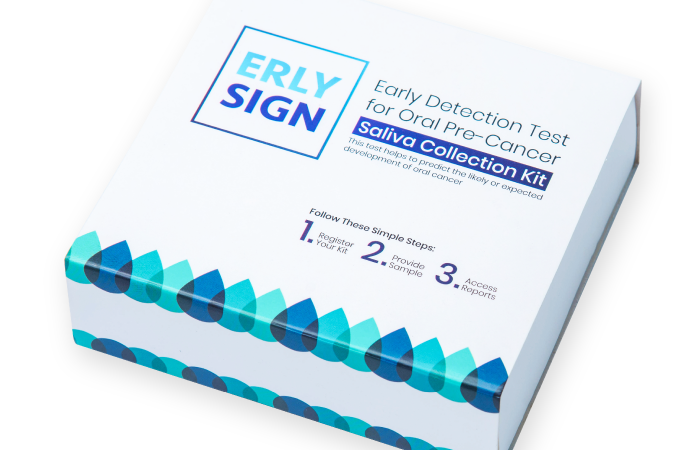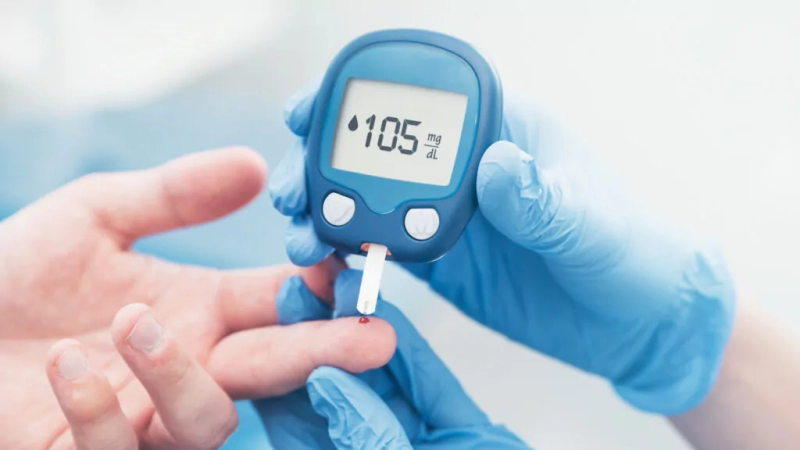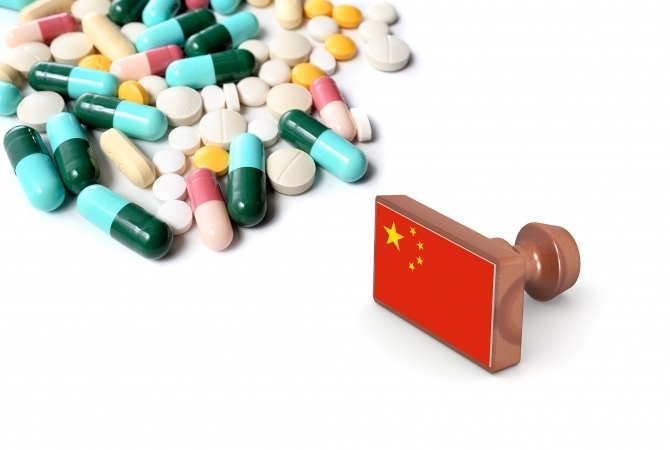Ranbaxy Completes Merger with Sun Pharma: 5 Facts
Founded in 1961, India’s largest drug maker by sales closed on Monday after 54 years of being an independent company n the industry.
Here are 5 facts about Ranbaxy:
1) Ranbaxy started as a distribution firm for a Japanese Manufacturer in 1937 and was scaled to new heights by Parvinder Singh from 1962. It went public in 1973 and the turning point was when it entered the US market in 1998 as the first foreign generics manufacturer to sell drugs in the US.
2) The company went trough a series of transition from 1999 to 2008. In 2008, the Singh family sold their 33.5 per cent stake to the Japanese drugmaker Daiichi Sankyo for $2 billion. In total, Daiichi Sankyo paid a total of $4.6 billion to acquire Ranbaxy in 2008.
3) Following the ban by the FDA to sell about 30 of its drugs in the US, the company faced major crisis in 2008. In 2009, they were accused by the FDA of falsifying data and test results in drug applications. Reviews of drugs made at a plant in northern India were halted. The matter was settled in the US courts with a fine of $500 million, the largest-ever settlement for a generic drugmaker over drug safety, according to the US government.
4) On April 7, 2014 Sun Pharmaceutical and Daiichi Sankyo jointly announced the sale of entire 63.4 per cent share from Daiichi Sankyo to Sun Pharma in a $4 billion all share deal.
5) This merger has created the largest pharmaceutical company in India and the fifth largest specialty generics company in the world.
Other News
ErlySign Oral Cancer Detection Technology Gets CDSCO Nod
ErlySign, a Nagpur-based biotech startup, has received approval from the Central Drugs Standard Control Organization (CDSCO) to conduct large-scale clinical trials for its novel oral cancer detection technology. The approval for ErlySign follows a rigorous […]
Read MoreAdditional Steps Announced by FDA to Modernize Clinical Trials
The U.S. Food and Drug Administration has made draft guidance available with updated recommendations for good clinical practices (GCPs), which are intended to modernize the clinical trial design and conduct while maintaining data integrity and […]
Read MoreAccreditation and Registration Numbers for Foreign Manufacturers Publication by PMDA
This article deals In accordance with the Pharmaceuticals and Medical Devices Act (PMD Act) of Japan, foreign businesses that wish to produce pharmaceuticals, quackery products, active pharmaceutical ingredients (APIs), or medical devices abroad and import […]
Read MoreBSI New Certification to Mitigate Antimicrobial Resistance Risk in Antibiotic Manufacturing
BSI, the business improvement and standards company, has developed a new certification to mitigate the risk of antimicrobial resistance (AMR) in antibiotic manufacturing. The certification, called the Minimized Risk of Antimicrobial Resistance (AMR) certification, will […]
Read MoreTUV SUD Inspects IVD Medical Devices’ Cyber Security
The growing digital connectivity of medical infrastructure is resulting in complicated systems with a plethora of diverse interfaces that are potentially vulnerable to assault. The IVD requires producers to provide proof of cyber security before […]
Read MoreTGA Supports MHRA’s New Regulations
The TGA made a commitment to support the MHRA‘s new Regulations worldwide recognition framework for pharmaceuticals. Following the UK’s exit from the European Union, a new international recognition framework for medicines has been developed specifically […]
Read MoreMedical Devices with Extended CE Certification Are Now Accepted On The UK Market
The MHRA revised its guidelines to make clear its stance and reflect its intention to extend the acceptance of CE-marked medical devices on the British market beyond June 30th, 2023. A statutory document that will […]
Read MoreThe NMPA Enhanced Regulation of Cosmetic Medicine
According to a representative of the State Administration for Market Regulation, after the industry’s quick development, prominent issues like unethical medical practices, fake goods, false advertising, and price fraud emerged, endangering the health and interests […]
Read More



